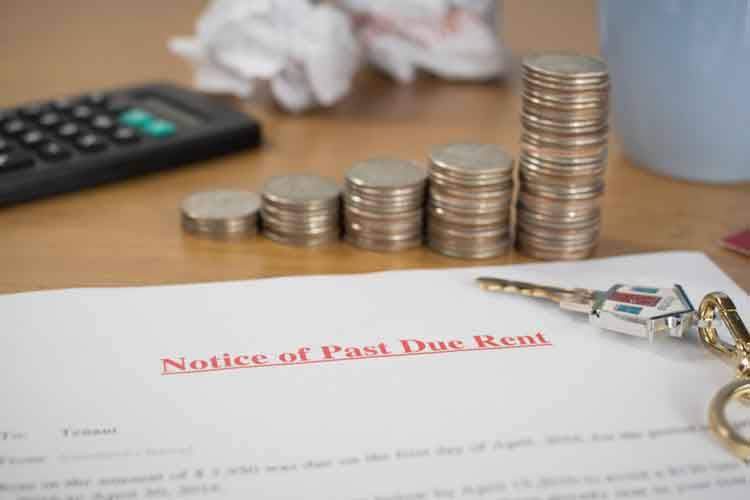Evict a Commercial Tenant Successfully
Evict a Commercial Tenant With The Help of an Eviction Lawyer
Renting stores or office spaces that are in areas where zoning laws are strictly enforced are challenging to get. Usually, these leasing agreements have many requirements such as excellent credit scores and many other stipulations having commercial landlords and commercial tenants agreeing to each other terms and conditions to finally lease the unit.
Most commercial property lease agreements include signed contracts for a commitment to stay for more than one year, making it challenging for entrepreneurs to have a trial period to test the location and other factors worth the investment.
So, what happens if a commercial tenant decides not to pay for rent and still wants to stay as long as they want? There are limitations regarding how and when can they be evicted. However, unlike unexperienced residential tenants, business owners have financial advisors, lawyers and a whole team of experts negotiating multiple contracts including leasing agreements.
Moreover, commercial tenants, often negotiate the rights they want, due to multiple commercial properties on the market being empty, allowing to negotiate their terms and conditions.
Why and How a Commercial Tenant Be Evicted?
Usually, because the business can’t pay rent, the landlord’s alleged breach of contract or the business didn’t do well. As involuntary as it can be, an eviction can occur due to financial losses or bankruptcy. Others decide to stop paying because they found a better location, a much better offer or due to a breached rental agreement.
In Florida, most commercial leases cover all foreseeable circumstances. For example, they are paying rent regardless of damage in the property due to weather conditions damaging the building. Even though tenants may sign away their right to sue the landlord, they still can accept partial rent and still evict them.
As we mentioned before, Florida allows businesses to draft their rights into the contract. They can ask for the right to sub-lease, demand security among other services and so forth due to a commercial renters market.
On the other hand, tenants can be evicted for staying more days than they should. The called “holdover tenants” could be evicted and the landlord demand double rent if the agreement has already expired and they don’t want to leave.
How The Eviction Process for Commercial Tenants Works In Florida?
If the tenant fails to pay, a landlord is required to give them at least three days notice before beginning the eviction proceedings. However, if it is being evicted for other reasons, a fifteen-day notice is required.
After the notice period is over, the eviction lawyer landlord can proceed to file an unlawful detainer complaint with a local state court and served the tenant the proper documentation. If the tenant doesn’t respond in five days, they face a default judgment, losing the case. However, if the tenant does respond and files a counterclaim, the landlord also has five days to respond to their claims.
In about two weeks, the parties go to court to settle the matter in dispute. Even though a jury trial is optional, but in most eviction cases are decided by judges.
The Eviction Law Firm – Evict a Commercial Tenant
The Eviction Law Firm can help you in this regard by reviewing the terms and conditions of the lease agreement and represent you in court. Call today for a consultation at 877-573-8428


